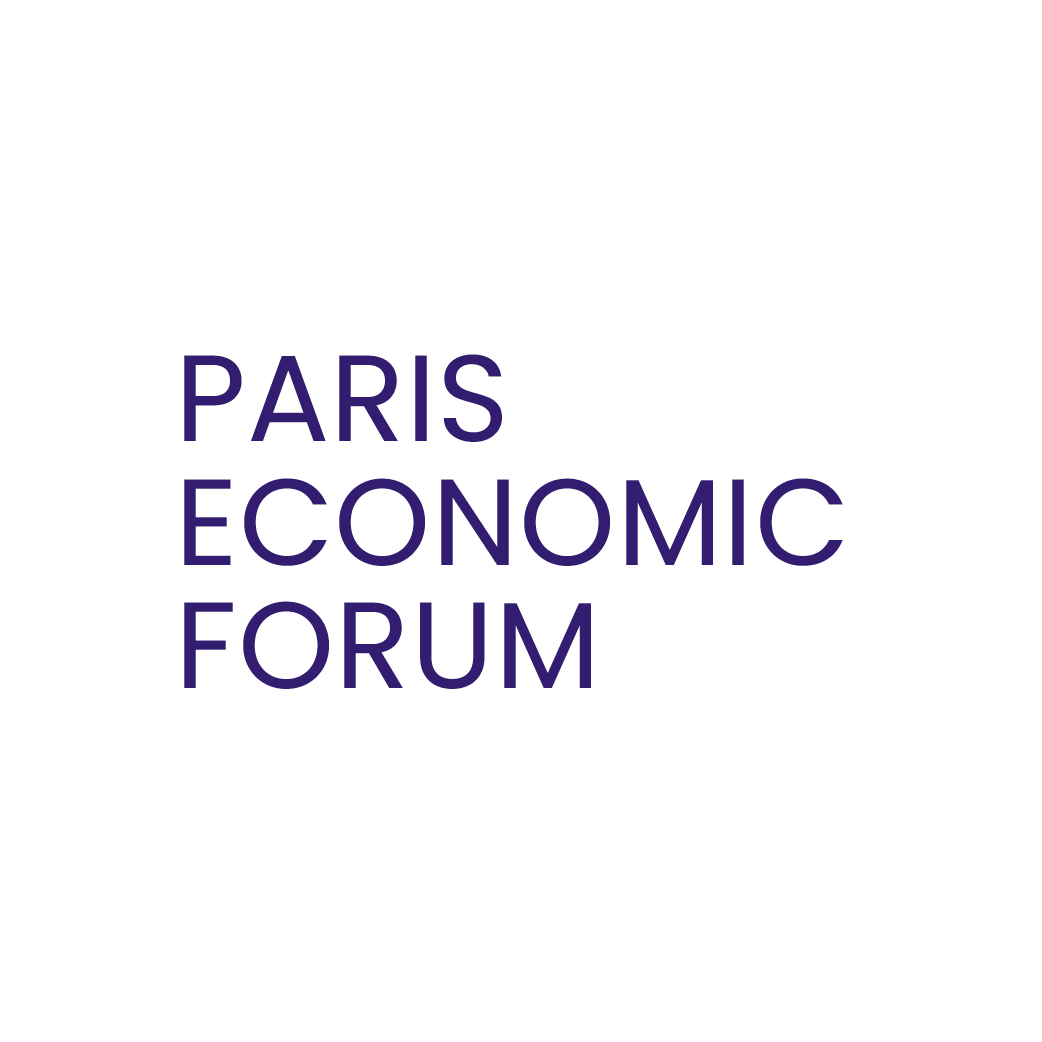À l’horizon 2030, cette convergence impose un impératif : conjuguer innovation technologique, responsabilité sociétale et agilité organisationnelle pour rester compétitives dans un environnement en mutation rapide.
Depuis le début des années 2000, le monde des affaires vit une métamorphose sans précédent, propulsée par trois vagues puissantes : la digitalisation, la durabilité et l’évolution des organisations. Ces forces, loin de s’ignorer, s’entremêlent et s’amplifient, obligeant les entreprises à repenser leurs stratégies et à réinventer leurs modèles économiques de fond en comble. Plus récemment, Internet, les smartphones, la 5G et les réseaux sociaux ont fait voler en éclats les limites de l’information et multiplié les choix à l’infini. Les consommateurs, plus exigeants et pressés que jamais, veulent tout, tout de suite, sur tous les supports. Aujourd’hui, 5,3 milliards de personnes passent 6h40 par jour devant leurs écrans, dont plus de deux heures à scroller sur les réseaux sociaux. Pendant ce temps, le cloud et les logiciels SaaS ont donné un coup d’accélérateur aux entreprises, leur permettant d’innover à toute vitesse pour contrer l’ubérisation et les assauts des nouveaux acteurs qui redéfinissent les règles du jeu.
L’exigence mondiale de durabilité a notamment pris un élan décisif avec l’Accord de Paris en 2015. Désormais, intégrer la durabilité dans les stratégies n’est plus une option : c’est une réponse aux attentes des citoyens, aux lois plus strictes et une porte ouverte sur de nouveaux marchés. Les avancées sont là, mais les obstacles aussi – du plastique qui encombre encore les océans aux inégalités qui s’accrochent, comme le soulignent les Objectifs de Développement Durable de l’ONU. Et la durabilité ne s’arrête plus au vert : elle englobe la diversité, l’inclusion, les promesses sociales. Un virage qui redessine les priorités des conseils d’administration.
La crise sanitaire a tout bousculé. En un clin d’œil, elle a forcé les DRH et les managers à revoir leurs copies, adoptant le télétravail, la flexibilité et une résilience à toute épreuve. Les entreprises n’ont plus le choix : elles doivent se réorganiser pour encaisser les chocs à répétition tout en chouchoutant leurs équipes. Digitalisation des RH, automatisation des corvées, structures agiles : les outils sont là. Et avec l’arrivée de la génération Z, qui bouscule les codes et réclame du sens et de la collaboration, le management doit suivre, ou couler.
Ces trois courants convergent vers un même horizon. D’ici 2030, les entreprises devront jongler avec l’innovation, la durabilité et l’agilité, sans faux pas. Les régulateurs serrent la vis, la société hausse le ton, et les clients ne pardonnent plus les demi-mesures. Il faudra optimiser les pratiques, séduire les consommateurs et cajoler les talents – tout ça en même temps.
Ce grand mélange des genres pousse les entreprises à revoir leurs fondamentaux.
Fini le bricolage : il s’agit d’aligner ces trois axes dans une mécanique bien huilée, où chaque pièce trouve sa place. Les meilleures joueront la carte de la cohérence, transformant les pressions en tremplins. Celles qui traînent risquent de se retrouver à la traîne, dépassées par des concurrents plus malins.
La convergence de ces accélérations n’est pas une vague passagère – c’est un raz-de-marée qui redessine le paysage des affaires. À l’horizon 2030, les entreprises devront avoir les reins solides et l’esprit vif pour rester dans la course.
Les gagnantes ? Celles qui sauront faire de ces défis des leviers, avec une stratégie qui ne laisse rien au hasard.

.jpg)